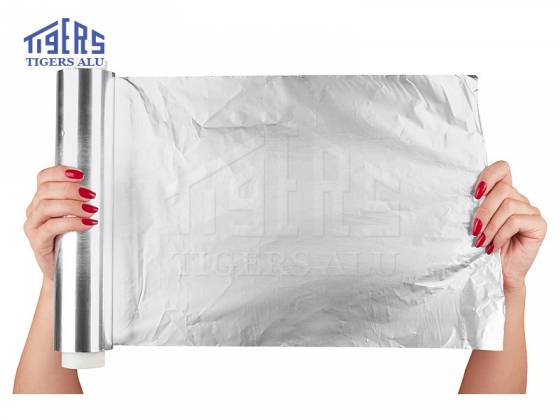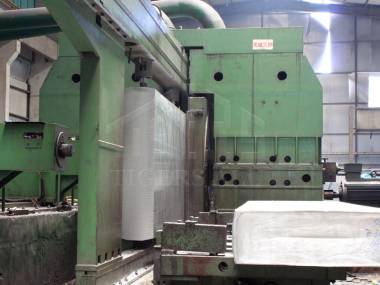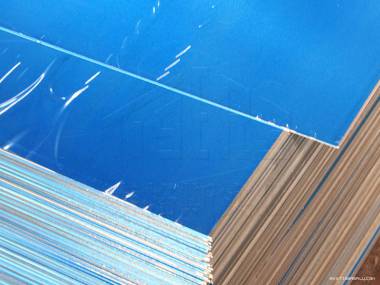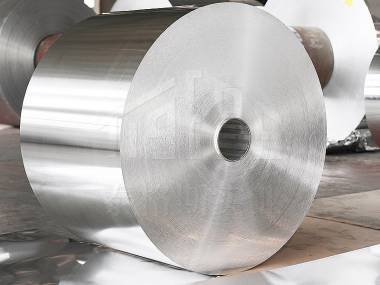What Side of Aluminum Foil Do You Use?
Aluminum foil is a versatile kitchen item that we all use in our daily lives. Whether you’re cooking, baking, or storing food, household aluminum foil is an essential tool to have in your kitchen. However, there is a common question that many people ask: what side of aluminum foil should be facing up?
The Science Behind Aluminum Foil
Aluminum foil is made by rolling sheets of aluminum until they are thin and flexible. The thickness of aluminum foil is measured in microns, and it typically ranges from 10 to 25 microns.

Thick heavy duty aluminum foil
Aluminum foil has a shiny and dull side, which is a result of the manufacturing process. During production, the foil passes through several rollers, which press the foil thinner and thinner. At the end of this process, the foil is doubled over and passed through the final rollers. This results in a shiny and dull side of the foil.
Household aluminum foil produced by Targus Aluminum generally comes in three alloys:
- 1235 O aluminum Household foil
- 8060 O aluminum Household foil
- 8011 O Household aluminum foil
Their tempering state is “O”, which makes the aluminum foil ductile. They all have the advantages of Heat resistance, Non-toxic, Barrier properties, and Reflective.
Which Side Should You Use?
Now, let’s answer the question of which side of aluminum foil should be facing up. The answer is that it doesn’t matter which side of the foil you use. Both sides are equally effective at conducting heat and preventing moisture loss.
Some people believe that the shiny side should be facing up because it reflects heat, while others believe that the dull side should be facing up because it absorbs heat. However, research has shown that there is no significant difference between the two sides when it comes to heat distribution and retention.
So, the next time you use aluminum foil, don’t worry about which side is up or down. Simply use whichever side is most convenient for you.
The question of which side of aluminum foil to use is not as important as some people believe. Both sides are equally effective at conducting heat and preventing moisture loss.





